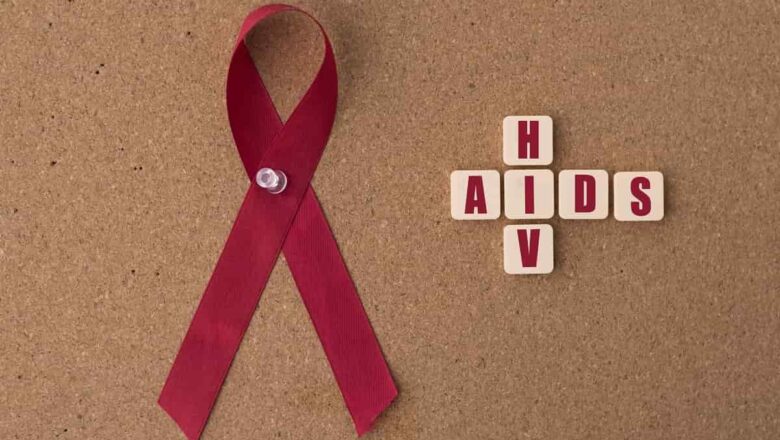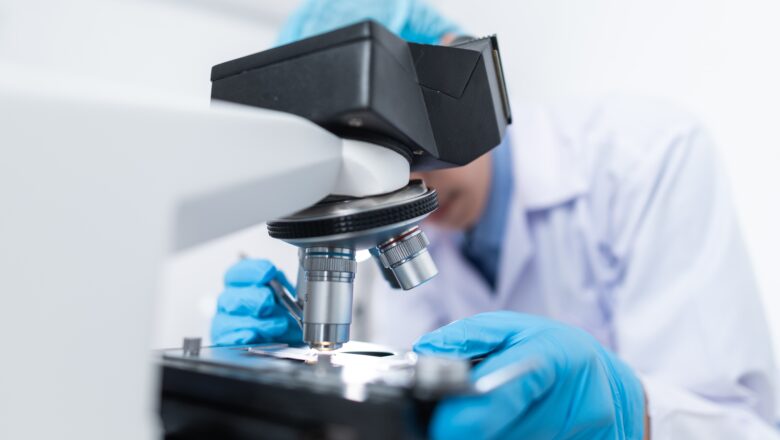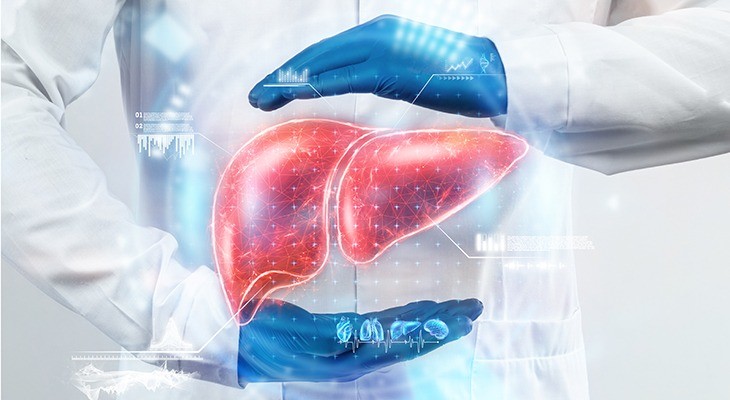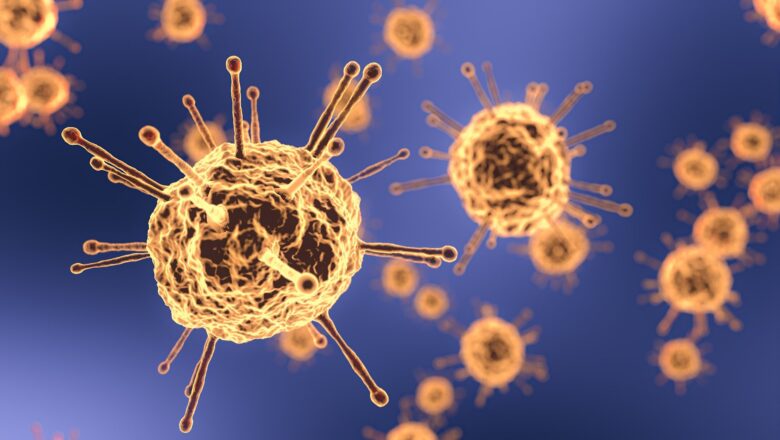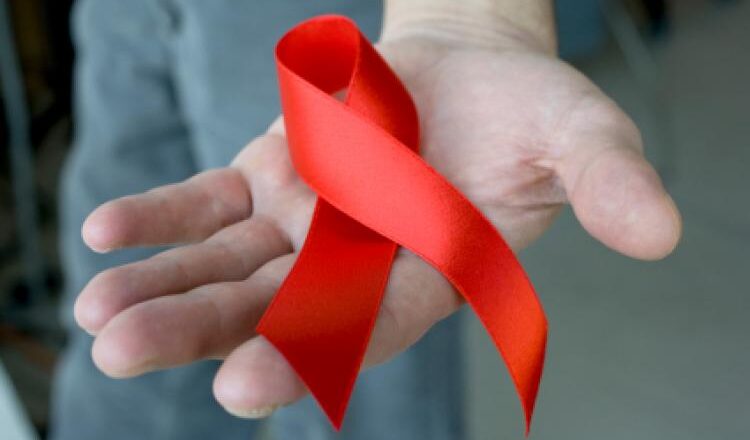
World AIDS Day: Awareness, Struggle and Hope
World AIDS Day is celebrated all over the world on December 1st of every year. It is known as a day that plays an important role in the fight against HIV/AIDS. AIDS (Acquired Immune Deficiency Syndrome) is a health crisis that affects millions of people around the world. It has become a big problem over the years. However, there is also hope and progress being made in the fight against this challenge.
History and Purpose of World AIDS Day
The origins of this special day date back to 1988. At the meeting of the World Health Organization held in December of that year, it was aimed to raise global awareness against the HIV/AIDS epidemic. It was suggested that December 1st be declared "World AIDS Day". This proposal was accepted and since then, this special day has been recognized as an...
